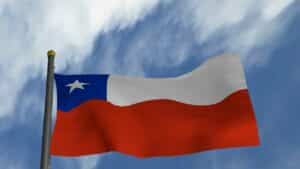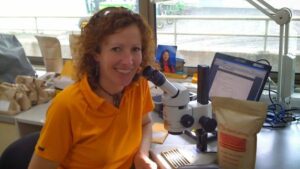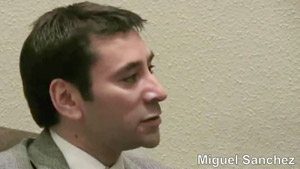The seed industry is currently facing a series of significant challenges, with climate change being one of the main elements defining the future of the sector. We are also being reshaped by globalization: whereas each country’s seed sector used to work mostly within its own borders, the shipping of seed across international borders — especially due to the growing importance of contra-season production — is now big business. As a sector, as seed associations and as individual companies, we need to interpret the many changes ahead as opportunities to innovate.

Many of our international business partners recognize that Latin America has undergone significant evolution and development in both policy and technology in the seed industry. This perspective offers us the opportunity to collaborate with North America and Europe to incorporate their experiences and knowledge into our regulations and practices, adapting them to our local realities for more balanced and sustainable growth.
Today, agriculture in countries like Brazil, Chile, Uruguay and Argentina is highly technological. Thanks to globalization, access to advanced technologies has been made easier. As someone who works with countries throughout the Americas, from Canada in the North to Chile in the South, I experience and appreciate the unique value that each country’s seed sector brings to the global seed industry. We should celebrate the perspectives and value that each country brings.
Many South American countries have positioned themselves strongly as developers of new technologies. However, international cooperation to produce and develop new technologies continuously is fundamental.
This is particularly important from countries providing contra-season services, such as Argentina, Chile, Uruguay and Peru, which have become key partners for Canada and the United States. Because of the close contra-season partnerships, it is key to integrate the private, public and regulatory systems of North America, Central and South America.
To streamline the production of new genetics and technologies in the seed industry, we need to navigate the diversity of regulations and practices around the Americas and around the world. This navigation requires:
- Science-based regulations: Regulators must enable technologies that allow farmers to produce seeds more efficiently, safely and sustainably. Eliminating ideologies and politics is vital to operate safely and without unnecessary bureaucracy acting as trade barriers. Active collaboration of all kinds of stakeholders with the regulatory sector is crucial to influence policies and ensure their relevance.
- Understanding and knowing how to interpret regulations: Regulations define and shape the course of the industry. A key priority across the seed sector and especially for seed associations is disseminating this information, as well as assisting in its interpretation.
- Active participation: Companies should participate in regulatory discussions through associations and technical groups to advocate for the adequacy of these regulations. Cross-country collaboration with regulatory sectors is crucial to influence policies and ensure their adequacy and relevance.
- Adapting to a dynamic Industry: The ongoing challenge is the interaction between private parties and regulators to update regulations, ensure that they don’t become obsolete and allow for growth and innovation in the sector.
I want to underline the importance of cooperation within the seed industry. No one company can develop all the necessary technologies and seed on its own; no one country’s seed industry can fully function without connection to and collaboration with others.
The future of the seed industry in Latin America is full of challenges and opportunities but requires a thorough understanding of science-based regulations and the active participation of its stakeholders. Cooperation between companies and investment in new technologies will be essential for the industry to not only survive, but to thrive in an increasingly demanding global environment.
Diego Risso is the Executive Director of both the Seed Association of the Americas (SAA) and the Uruguayan Plant Breeders Association (URUPOV).













